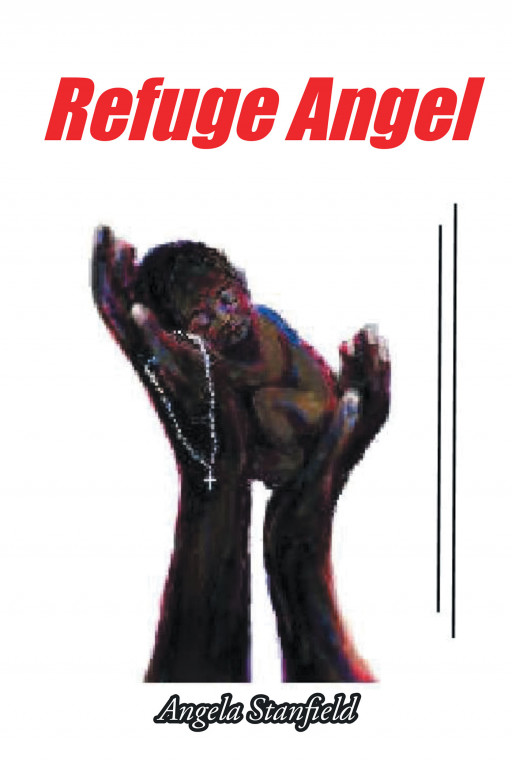Author of new book Call Him Jack

-
Scott Lamar

Air date: October 3, 2022
Number 42 is retired in Major League Baseball. No big league baseball player will ever wear number 42 again.
Number 42 was the number worn by Jackie Robinson – the African American who broke the color barrier when he played for the Brooklyn Dodgers in 1947.
Robinson is in the Baseball Hall of Fame in part because he was one of the best players to take the field during the decade he played.
But Robinson was more than just a great athlete – yes, he was a baseball pioneer, but he was a civil rights leader before there was an era identified as the civil rights era.
There’s a new book on Robinson – Call Him Jack – The Story of Black Freedom Fighter Jackie Robinson written for a new generation.
One of the book’s co-authors is Michael Long who has written and edited several books on Jack Robinson and the history of civil rights, which appeared on Monday’s Smart Talk.
Long says the title of the book is significant,” I wrote this book with co-author Dr. U. Hoover Williams. It came from our desire to unlock Jack from 1947 when we see Jackie Robinson. Usually we think of Jackie Robinson on April 15, 1947, the day he broke a color barrier in Major League Baseball. And that’s what we usually do with our heroes. We freeze them in an instant. And so we freeze Rosa Parks on the bus in Montgomery. We freeze Dr. King on the March on Washington when he gives his I Have a Dream speech and we freeze Robinson in 1947 when people call him Jackie calling him Jack. We encourage our readers to look beyond that day, to Jackie Robinson, who grew up in Pasadena. And then look beyond the baseball field to the raw Jack and fight for civil rights long after baseball.
Long writes that Robinson’s teammates and white sportswriters began calling him Jackie despite having been known as Jack all his life.
In 1947, Robinson was the victim of verbal abuse, harassment and death threats and he did not fight back under Dodgers general manager Branch Rickey, but Long said that was not the Robinson instinct. Jackie had a rattlesnake temper. I love this line. But that’s who he was. And, you know, Rickey knew Robinson had a temper when he brought him to the Dodgers. But he also knew that Robinson was smart enough to turn the other cheek that first year to advance Black membership in Major League Baseball. And he did, but it was really difficult for him. It wasn’t easy at all. He was not naturally non-violent. It wasn’t naturally peaceful. He was a guy who fought all the time in high school.
Today, Robinson is better known as the baseball player who breaks down barriers, but Long says his legacy as a civil rights pioneer was just as important to him. “In 1956, near the end of his career, the NAACP awarded him the Spingard Medal. It’s an annual award for networks of national significance given to a person of color. And Jack won that award, and he l called the high point of his career. Now let’s put that in perspective. In 1947, he broke the color barrier, right? He won the rookie of the year award. He then won the most valuable player award And in 1955 he helped the Dodgers win the World Series He had a brilliant career, but there he is in 1956 saying the highlight of his career was winning that NAACP award, and the NAACP then enlisted him to become active in the organization and help it raise funds and increase its membership Suppose really voluntarily and he got really interested in civil rights when he noticed the boycott buses underway in Montgomery.And he really admired Dr. King’s leadership in this b oycott which I think really appealed to him more than anything else. And King’s often said Robinson was a sit-in before sit-ins. He was a Freedom Rider before the Freedom Riders. And King was absolutely right. Robinson was a pioneer of the civil rights movement, and people like King and others stood on Robinson’s broad shoulders. And King knew that more than anyone. And he frequently praised Robinson on exactly that. And King and Robinson worked together in the civil rights movement. King often called on Jack because he understood that Robinson was a lot like Oprah at this time in United States history. And Robinson could rally the troops and boost the morale of those involved in the civil rights movement.





